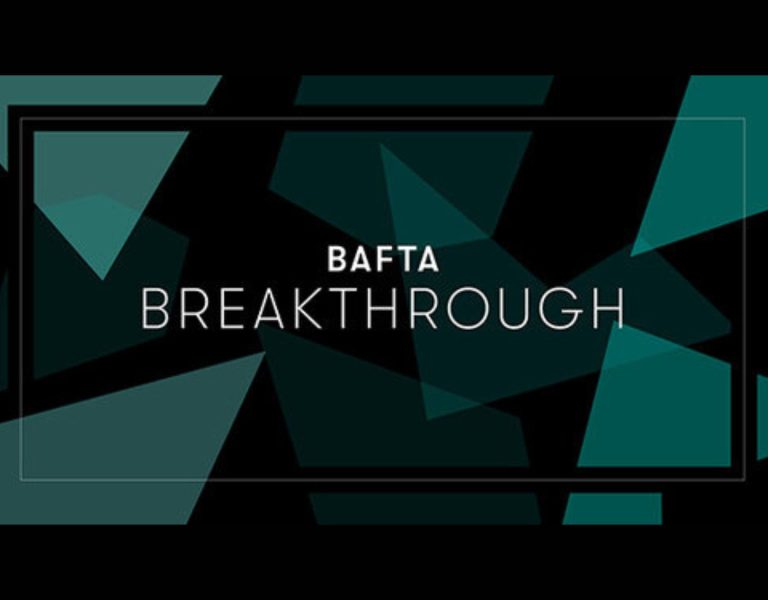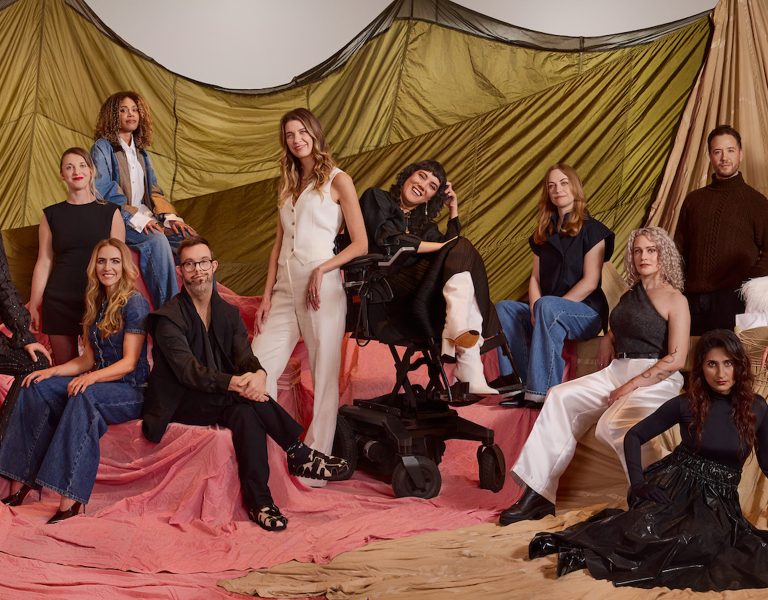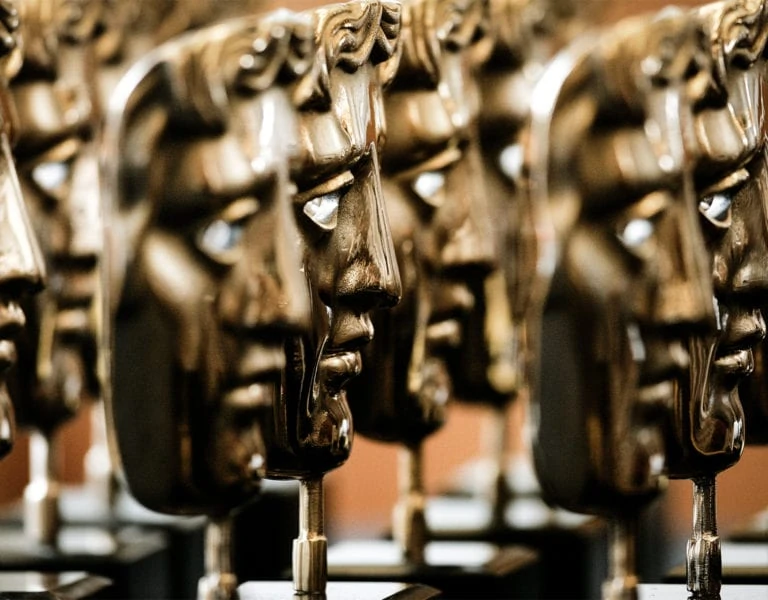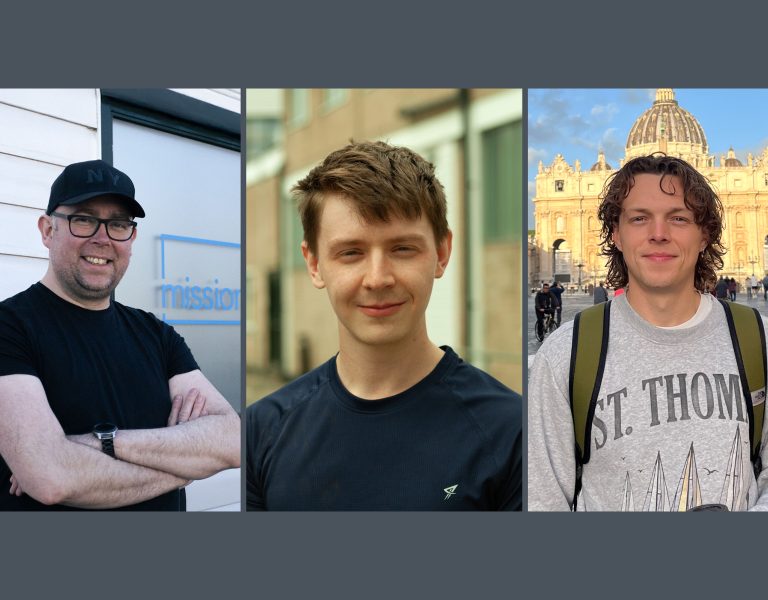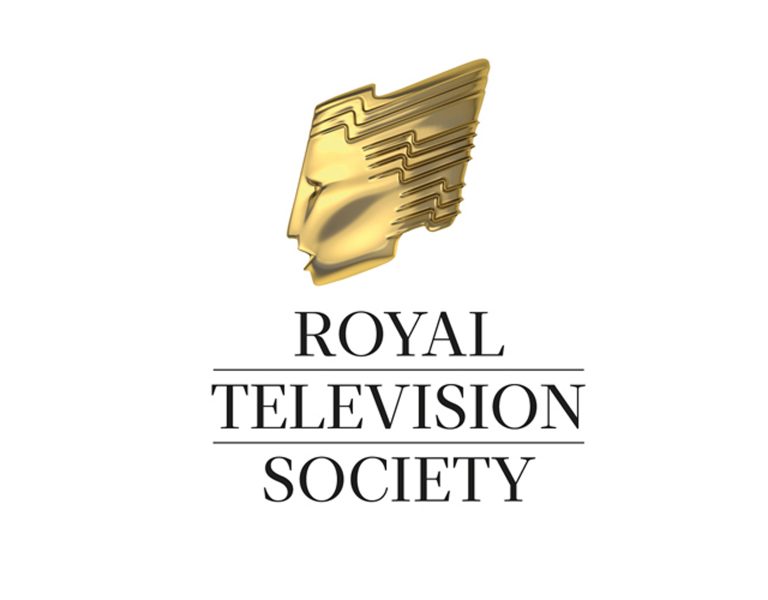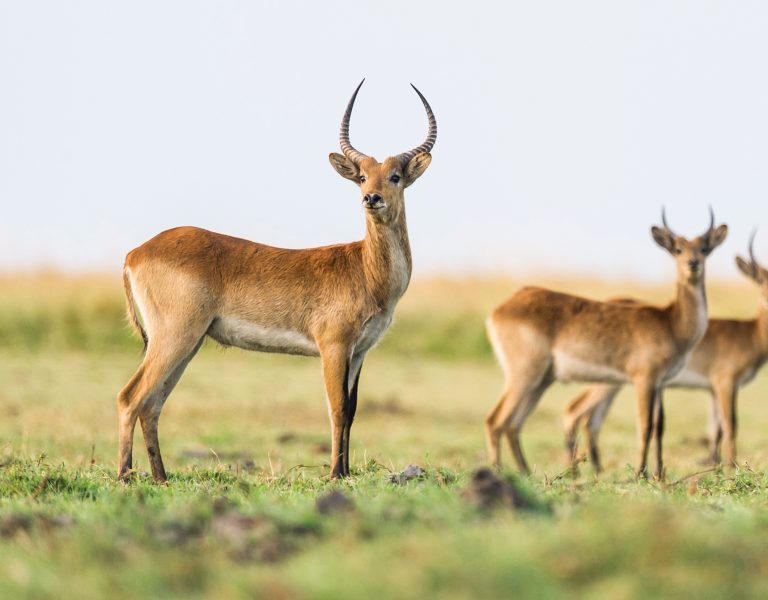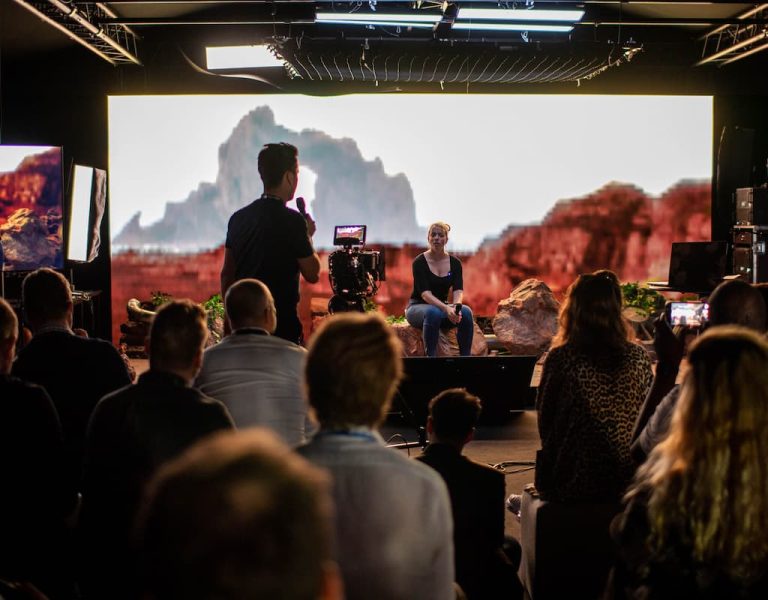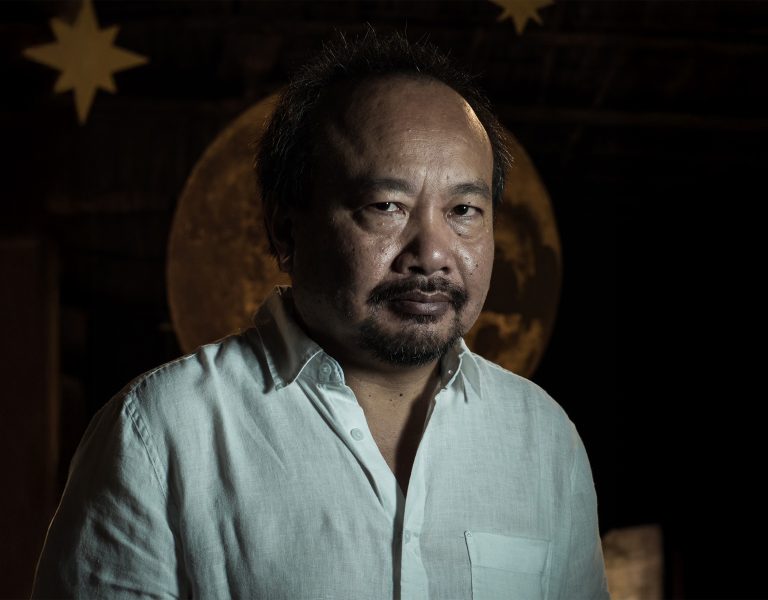 BAFTA Breakthrough, the arts charity’s flagship talent initiative supported by Netflix, showcases 43 rising stars from the UK, US, and India in its 2024 cohort. Spanning film, games, and television, the programme celebrates creatives excelling in fields like cinematography, costume design, production, editing, directing, and performance. Designed for those on the cusp of their breakthrough moment, the year-long initiative offers invaluable career support, including one-to-one guidance, BAFTA membership, access to screenings and events, and networking opportunities both in the UK and internationally. British Cinematographer caught up with Jih-E Peng, a standout participant and DP on Girls Will Be Girls.
BAFTA Breakthrough, the arts charity’s flagship talent initiative supported by Netflix, showcases 43 rising stars from the UK, US, and India in its 2024 cohort. Spanning film, games, and television, the programme celebrates creatives excelling in fields like cinematography, costume design, production, editing, directing, and performance. Designed for those on the cusp of their breakthrough moment, the year-long initiative offers invaluable career support, including one-to-one guidance, BAFTA membership, access to screenings and events, and networking opportunities both in the UK and internationally. British Cinematographer caught up with Jih-E Peng, a standout participant and DP on Girls Will Be Girls.
Congratulations on joining the BAFTA Breakthrough cohort. How does it feel?
I’m incredibly grateful to have been selected as part of the BAFTA Breakthrough program and it’s humbling to be a part of such a talented cohort. Programs like this are still so crucial in the landscape of contemporary cinema, especially in craft areas like cinematography. According to the SDSU’s annual report, in 2023, around just 6% of the top 250 grossing films had female cinematographers at the helm, a count that only indicates gender marginalisation and doesn’t account for the intersection of race and other factors. What we are seeing is only a 5% increase of women in major roles since 1998; the reality of the matter is that many factors (misogyny, of course, but also centralised financial and power sources and the monopolisation of studios) are still a major hurdle for female cinematographers to effectively cross over the “celluloid ceiling”. For a major institution like BAFTA to back programs that advise, nurture, and publicly support underrepresented talent in fields like my own is a necessary part of building an equitable landscape in one that has remained relatively unchanged for decades. It’s an honor to be a part of this year’s Breakthrough, as such.
Could you briefly take us through your career so far, starting with who or what first sparked your interest in cinematography?
I’ve always loved visual storytelling. I began in still photography, a beginning I think many cinematographers have had. Someone had actually suggested moving picture to me when I was starting to question if a still photography career was necessarily one that I wanted. From that point, I crewed, mostly in the grip and electric department, and shot little indie shorts until I got accepted into the American Film Institute. That in many ways was a major turning point for the way I viewed image-making and motion picture from a philosophical perspective.
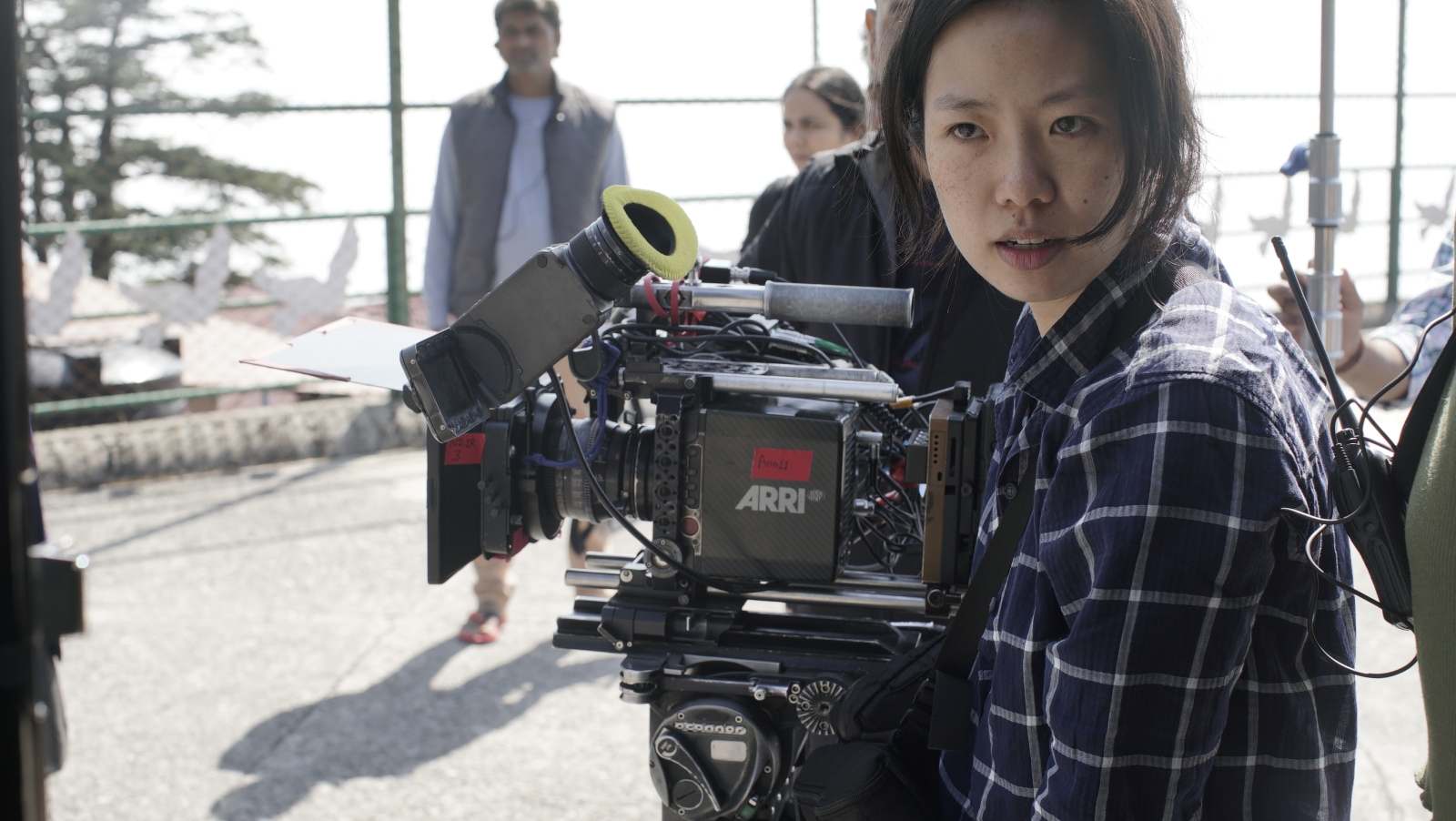
In stills, a single image communicates the whole story; in moving picture you’re talking about the progression of many little parts that make up this larger communication vehicle. In some ways it reminds me of tapestry work – little stitches here and there that repeat the same schematic and visual concepts until you step away from it and can see the piece as a whole. I find that so beautiful, the intricacy of that work. It also mirrors the overall craft – all the small choices that you make on set affect the overall tapestry: how much time you choose to spend on perfecting a backlight as opposed to giving the director and performance more time, for example. The job is holistic, and it helps to think about these things as a part of a greater whole. Since graduating from AFI, I’ve been lucky enough to shoot both fiction and non-fiction projects, where I’ve attempted to apply the same philosophies to both formats. Some notable works include Girls Will Be Girls (Sundance Film Festival), A Period Piece (SXSW), The Light and the Little Girl (Toronto International Film Festival), Light of the Setting Sun (Full Frame, IDFA), Jeanette Lee VS (ESPN 30 for 30), Danielle Scott: Ancestral Call (DOC NYC) for PBS American Masters, and New York Times documentary I Just Simply Did What He Wanted (2019 Emmy nominee, 2019 Winner of a World Press Photo Award).
What qualities do you look for in a project before deciding to take it on?
I think for many filmmakers a lot of jobs end up coming down to keeping the lights on at home, but in recent times I’ve been actively much more careful and mindful about taking on the projects that align for me. That’s often multi-faceted; it means that the script or story is one that I connect with, that the director and I are good matches creatively, and that the production itself is both supportive of the story and mindful of labour rights and safety. I think it’s important to merge these things as much as one can. Creatively, I think the most salient thing is a truthfulness in the storytelling–the script and vision has to feel deeply grounded in the human experience, even if the story is fantastical or abstract or not strictly autobiographical. For me, a film is most potent when it can effectively reflect the specificity of an emotional landscape. Genre matters less to me than this truthfulness, so I think it’s crucial that the director and I share these same cinematic values. Our priorities in how we engage a project has to match, both from a conceptual and practical perspective. Being that I shoot both fiction and nonfiction, intent also matters a lot, particularly in nonfiction. I’ve been lucky enough to work with some incredible nonfiction filmmakers that are extremely thoughtful and ethical in their approach to their subject matter (and subjects!) and consider the greater context of where their work sits. It’s always an honor to be invited into spaces and projects that begin from an ethical framework, and it’s always a hope to be a part of more of these.
Which of your projects are you most proud to have lensed and why?
I’m most proud of course of my breakthrough project this year, Girls Will Be Girls, directed by Shuchi Talati, which won the Sundance Global Cinema Audience Award this year. We spent the better part of a decade talking about her script and marinating on the story together. Shuchi and I both feel that prep is crucial, and above all we prioritise time in the working process: time in prep and time in production. We spent hours wandering art museums and libraries, sharing ideas and sketching our thoughts. There was no scene that we didn’t fully act out and block together to build our visual approach and schematic. As a DoP, you’re always self-critical, but I think the end result is a reflection of what can be achieved with care and intention. If the visuals served the story appropriately, I’m proud.
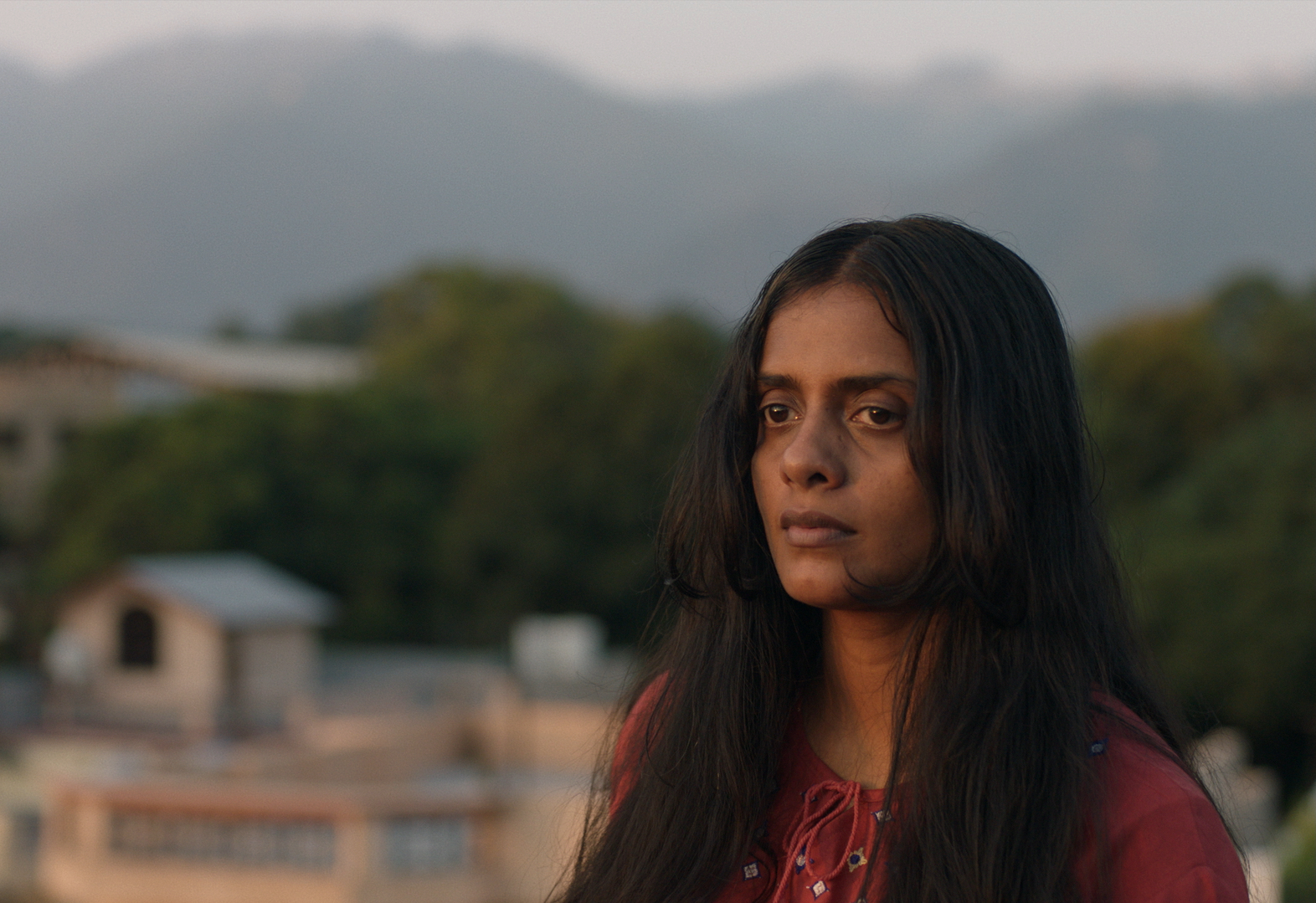
Girls Will Be Girls is an Indian coming-of-age film that deals with feminine sexual agency in a patriarchal environment. One thing that I think is so remarkable about Shuchi as a writer and director is that while broader themes exist (and are certainly mindfully woven into the story), they are not the central driving force of the film; she does not focus on didacticism. First and foremost, always, it is about the character and the relationships between characters. And I think when you’re trying to say something–in this case about sexual agency, patriarchy, and societal constraints–a lot of how you achieve that just comes from being truthful to the protagonist’s experience in their surrounding world; that in itself gives them agency. In this instance, the approach itself is inherently feminist. As such, we wanted to be frank and straightforward about showing Mira (the protagonist) explore her sexuality. It’s not overly romanticised; it doesn’t shy away from showing it. Here is a woman who’s curious about her body, curious about sex, curious about desire and here are the things she’s doing to address that curiosity. Shuchi never writes sex from a place of romanticism or shame–sex and desire are simply a part of life. We aimed to shoot in the same way she writes.
I had a female friend describe the finished film as “an aggressively female gaze”, which made me laugh, but it also felt significant to me. When we screened the film, particularly in India, where it was shot, Shuchi had so many women approaching her to tell her how seen they felt by it. Many felt that this representation of agency in a film that does not punish a woman’s choices in its storytelling was badly needed and so crucial. People came out of the theater with tears in their eyes. I couldn’t be prouder of participating in something that speaks to someone so intimately and to have been a part of capturing an experience rarely witnessed on screen. I feel like that’s the whole reason we do this work!
What are you looking forward to professionally in 2025 and beyond?
I’m not at liberty to speak about the cinematography projects that are in the works publicly but I’ve been slowly working on a script that has similarly taken a very long journey to come to fruition. And beyond specifically filming, I’m looking forward to continuing work with others to try to craft a more sustainable way of storytelling for the future. I think what we’ve seen in the industry over the past few years is that now more than ever our survival depends on one another. We need different distribution channels and for knowledge to continue to be free-flowing and democratised if we want more equitable and sustainable futures. For me that means doing more teaching and mentorship work, and building programs that will give storytelling tools to those who would otherwise find them more difficult to access. The future is only bright if we can all be in it.
